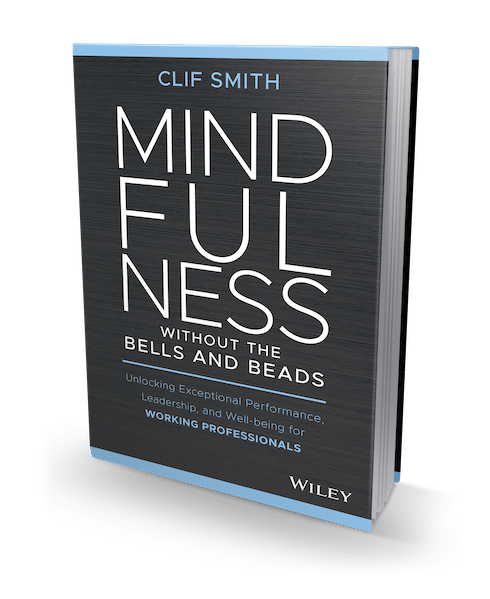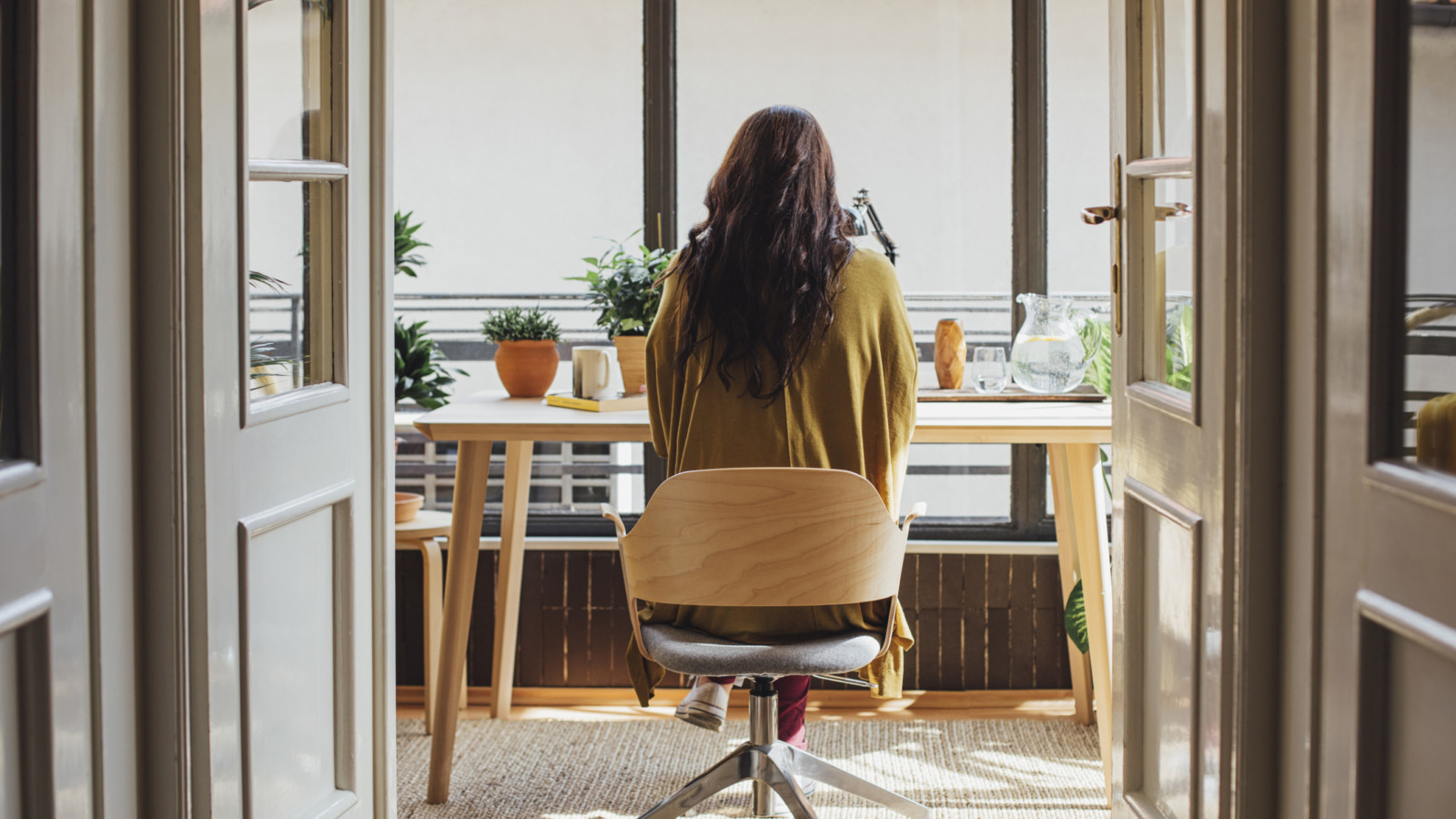I imagine you have a to-do list. If you do, and it’s handy, take a quick look at it. Does it include any entries regarding self-care, taking a break, or exercising? Probably not. I’d hazard a guess that even exercises from this book are probably not on your to-do list, but rather you have a vague idea that you want to do them and will when you have time. Isn’t it the case, that self-care, exercise, rest, and the like get short shrift in our lives? If self-care even makes it on our to-do list, it’s often the lowest priority. It’s time for us now to wade into empathy, compassion, and kindness, not just for others but also for ourselves as a type of self-care. The exercises and discussions on these topics aren’t mindfulness as much as they are a call to turn toward and strengthen skills we rarely focus on due to the pernicious thought that if we slow down, rest, or lift our foot off the gas pedal for even a moment, we’ll “fall behind” or be passed by.
It was Robert Kiyosaki, the famous financial guru, who popularized the phrase, “Pay yourself first” in his wildly successful book, Rich Dad, Poor Dad. The “pay yourself first” concept turns conventional wisdom on its head. Conventional wisdom says to pay your bills and some of the money that’s leftover, if any, can go into savings. The pay yourself first concept says the opposite; divert at least some of your income directly into savings or other assets before paying your bills. It’s counterintuitive, but the idea is that you consistently add to your assets, even in very small increments (as low as $25/month, for example), you begin to see compounding growth over the long term. The passive income from your assets begins to become a larger part of your overall income until, one day, the passive income exceeds what you make trading your time for money. The brilliance of the pay yourself first concept is in its simplicity. Consistently apply a small effort, and over time there is a large impact. The same can be done with self-care; we can make small daily investments in taking care of ourselves, which can compound into physical, mental, and emotional well-being, but we often get caught up in our other pursuits and leave self-care on the cutting room floor.
Many of us are already teaching our sons, daughters, nieces, nephews, and neighborhood kids the value of hard work, perseverance, delayed gratification, and sacrifice, as we move through the modern world working toward our goals, dreams, and career aspirations. We converse with other adults at the school bus stop, 4th of July celebrations, Thanksgiving dinners back home, and the cul de sac happy hours; children are right there with us, listening to our conversations. There are ample opportunities for them to witness striving, fighting for, and achieving success and accolades. Important lessons to be learned for sure.
I wonder, dear reader, who watches you and who watches out for you? Who is looking up to you right now, and what are you teaching that person about self-care? This isn’t judgment disguised as a question but a sincere inquiry into whether we are taking enough care of ourselves to leave more than a fleeting impression on the minds of the youth around us about the importance of rest and recovery.
The trite but true maxim that we should never sacrifice health for wealth gets shared across social media regularly, but if we are honest, how often have we ever heeded that advice? If we don’t heed that advice, what chance do our children have to learn it? Sure, maybe they will eventually come to understand that all elite athletes prioritize rest and recovery in their daily routines, because if they didn’t, they wouldn’t be elite athletes or able to reach peak performance. What’s more likely, though, is that kids are going pick up the behaviors and routines from those closest to them. Do we want our children to work themselves into preventable illness, chronic stress, and burnout, like we so often do? Self-care is not selfish; we cannot hope to take care of those we love or give them a good example to learn from if we don’t take care of ourselves.
As I alluded to already, exercises that deliberately cultivate empathy, compassion, and kindness are not mindfulness exercises nor do they cultivate mindfulness. Nonetheless, there is great value in strengthening these skills. Far from being “weak” attributes, these skills, such as turning toward and facing difficulties, strengthen us. They help us connect with and support others, be better leaders, increase our resilience, and enable us to grow the confidence needed to continue pursuing our dreams despite setback and failure.
It may seem odd that we are about to focus on empathy, compassion, and kindness when the discussion so far seems to primarily center mostly on self-care. That’s a fair reaction. When we hear the terms “empathy,” “compassion,” and “kindness,” we tend to automatically get the sense they are only outward-facing endeavors, things we feel or do for others. However, each of these can be bidirectional. We can express empathy, compassion, and kindness toward ourselves, too, and doing so is a powerful form of self-care. However, it’s not necessarily easy to do, especially when some of us bend over backwards to be kind to others while being extremely unkind to ourselves.

Excerpted from Mindfulness Without the Bells and Beads: Unlocking Exceptional Performance, Leadership, and Well-being for Working Professionals, Wiley, available April 20, 2021.


